Army studies the toll of arctic warfare operations
- By Stavros Atlamazoglou
Share This Article
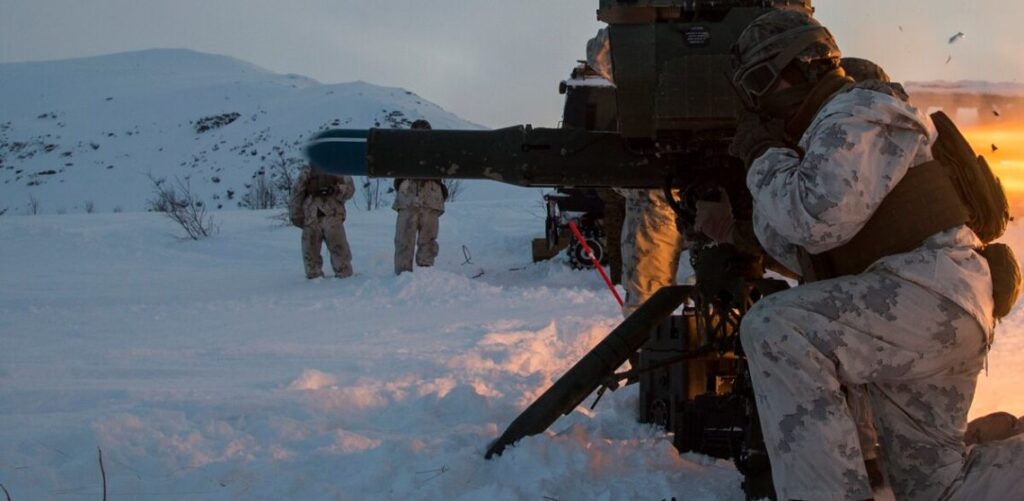
With an eye towards Russia, the Army has begun a study on the physical and emotional strains associated with arctic warfare.
In January, the 4th Infantry Brigade Combat Team (Airborne), 25th Infantry Division, began a six-month-long arctic warfare study.
In partnership with the University of Queensland and WHOOP, a wearable technology firm, the “Spartan Brigade,†as the unit is nicknamed, will be testing the resiliency of wearable technology in the adverse conditions of the artic.
The study has two primary goals. First, to offer the troops the opportunity to better appreciate their capabilities by understanding their output and recovery rates. And second, to show that Army leadership is taking seriously the physical and mental health impacts that come with operating in an arctic warfare environment.
“The rigors of Arctic airborne operations take a toll on the human body,†Colonel Chris Landers, the commander of the Spartan Brigade, said in a press release. “How do we maximize a paratrooper’s effectiveness on the battlefield while dealing with extreme cold and lack of sunlight? We’re called on by our nation to respond with little notice to contingencies around the globe. We don’t choose the time or the place, but we can choose how well we perform when we get there.â€
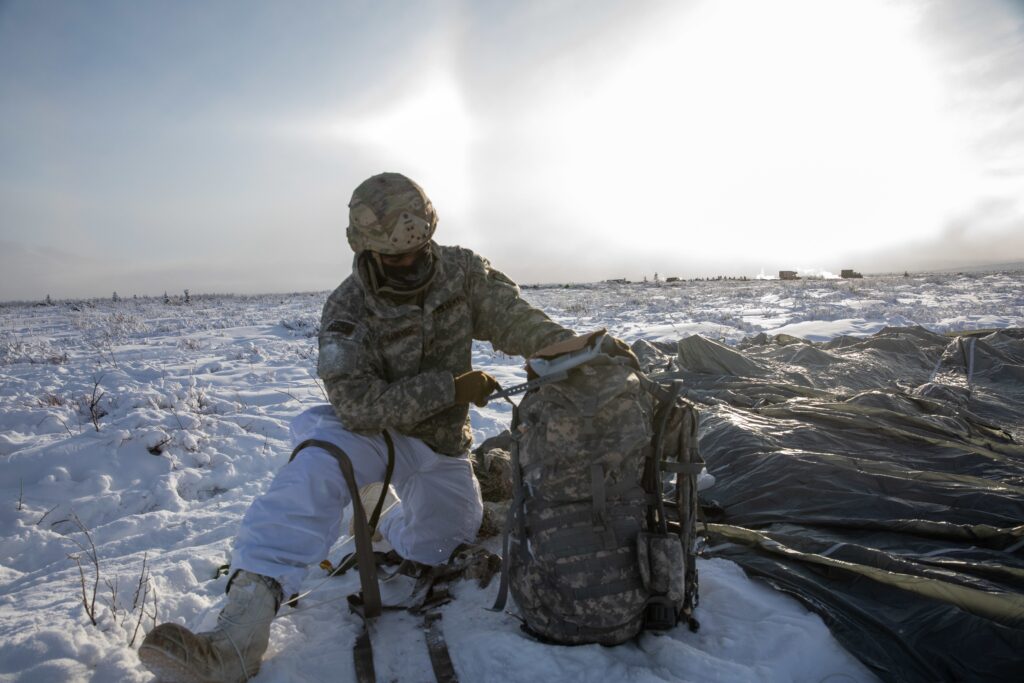
Approximately 1,000 paratroopers will wear WHOOP’s specially designed straps to measure their daily activity and recovery rates while operating in arctic warfare conditions. The researchers will gather and study each individual paratrooper’s exertion, heart rate, and sleep quality. But each soldier will also have the ability to track his data through a mobile phone application. In addition to the data, paratroopers will receive classes on recovery.
“We are empowering our paratroopers to better understand themselves,†Command Sergeant Major Alex Kupratty, the senior non-commissioned officer of the Spartan Brigade, added.
“This study is all about putting the power of technology and data directly into their hands, so they can truly harness their own potential. The goal is to give our paratroopers the data and education to shape the conversations among their peers about their daily fitness and health. Not only do they better understand their own bodies, but they’re building lifelong, healthy habits along the way.â€

The Spartan Brigade is the Army’s sole airborne infantry brigade combat team that specializes on artic warfare.
“Imagine as a squad leader that you have a paratrooper that has had an abnormally low recovery for several days. Maybe your platoon has been in the field for weeks, or the paratrooper just returned from an Army school. Now you have the data to better help them recover, or to adjust your training to match the team’s needs. This is all about better understanding what a soldier needs to be the best version of themselves as fast as possible,†added Kupratty.
The arctic is a merciless environment. Add to the sub-freezing temperatures, high winds, and scant sunlight the rigors of combat, and you get one of the hardest operational environments an army can find itself in. Standard soldiering activities such as patrolling or setting camp take considerably more time and energy in an arctic environment.
Related Posts
Sandboxx News Merch
-

A-10 ‘Thunderbolt Power’ Poster
$22.00 – $28.00 Select options This product has multiple variants. The options may be chosen on the product page -

A-10 ‘Warthog’ Poster
$22.00 – $28.00 Select options This product has multiple variants. The options may be chosen on the product page -
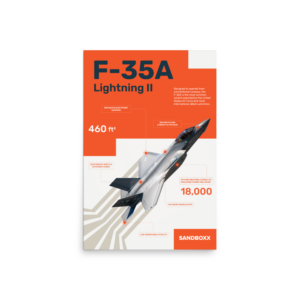
F-35 ‘Lightning’ Poster
$22.00 – $28.00 Select options This product has multiple variants. The options may be chosen on the product page
Stavros Atlamazoglou
Greek Army veteran (National service with 575th Marines Battalion and Army HQ). Johns Hopkins University. You will usually find him on the top of a mountain admiring the view and wondering how he got there.
Related to: Military Affairs
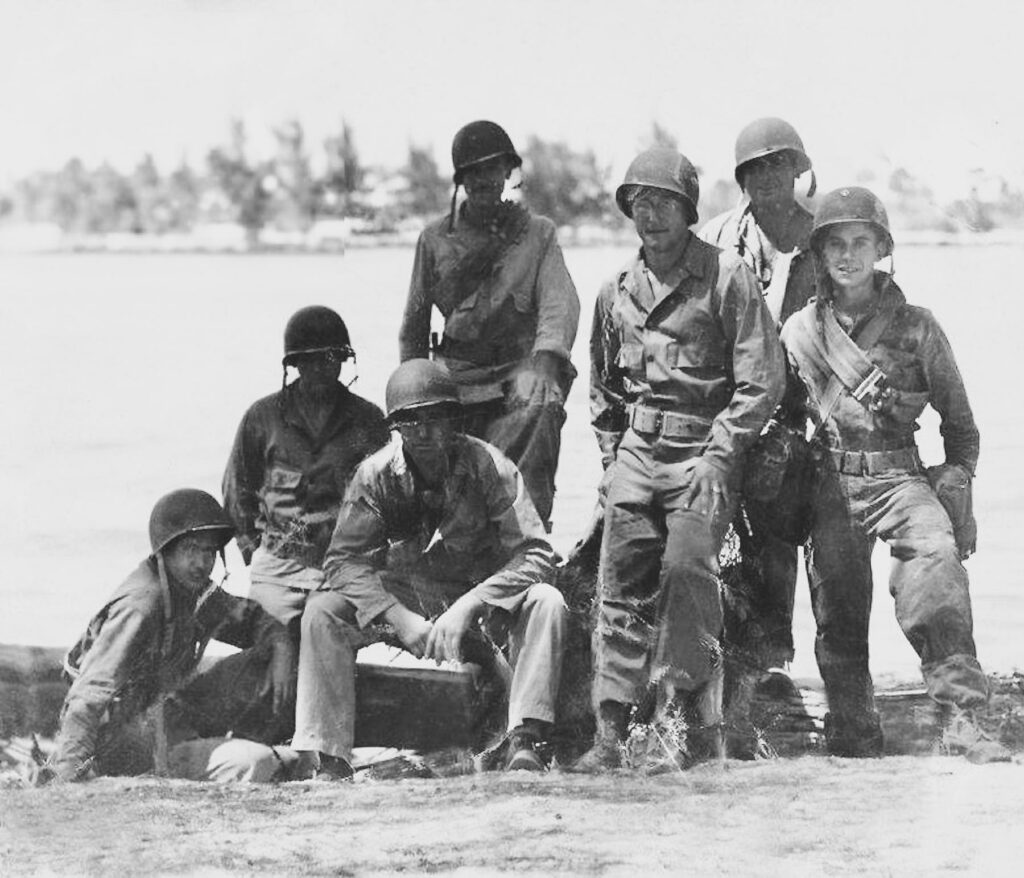
Before the Navy SEALs came the Underwater Demolition Teams
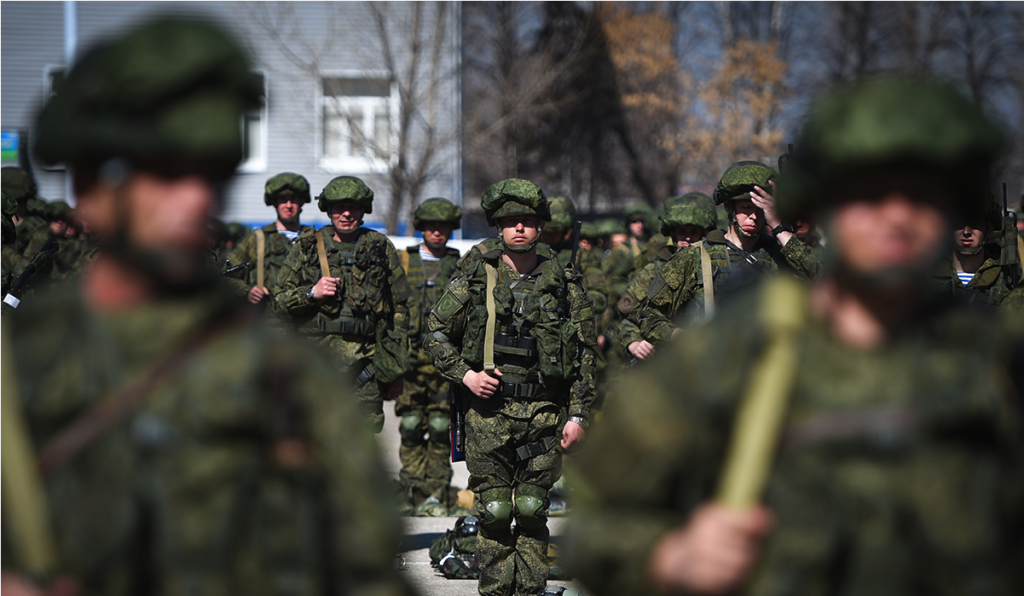
US is freezing military aid to Ukraine – and that will help Russia
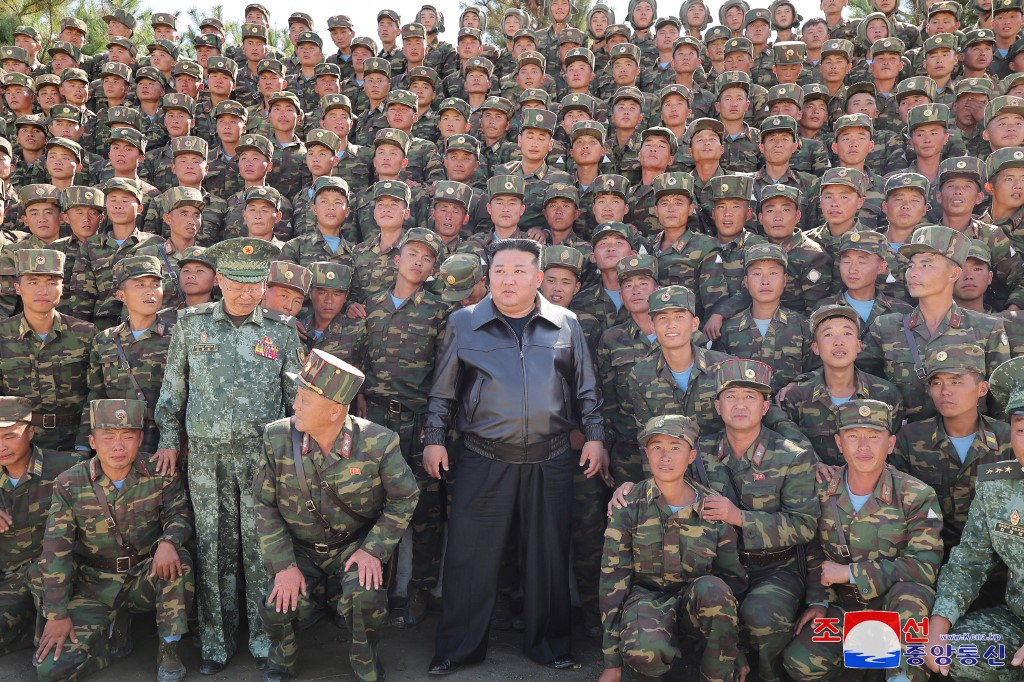
North Korean troops in Ukraine seem stuck in the Cold War, evidence suggests
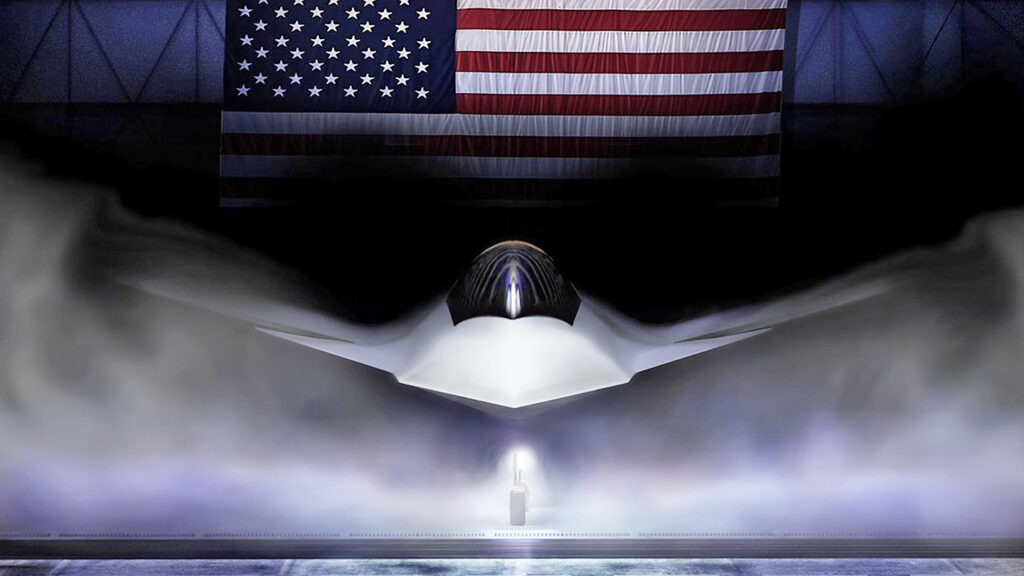
Boeing has managed to win the contract for America’s NGAD fighter
Sandboxx News
-

‘Sandboxx News’ Trucker Cap
$27.00 Select options This product has multiple variants. The options may be chosen on the product page -

‘AirPower’ Classic Hoodie
$46.00 – $48.00 Select options This product has multiple variants. The options may be chosen on the product page -

‘AirPower’ Golf Rope Hat
$31.00 Select options This product has multiple variants. The options may be chosen on the product page -

‘Sandboxx News’ Dad Hat
$27.00 Select options This product has multiple variants. The options may be chosen on the product page
